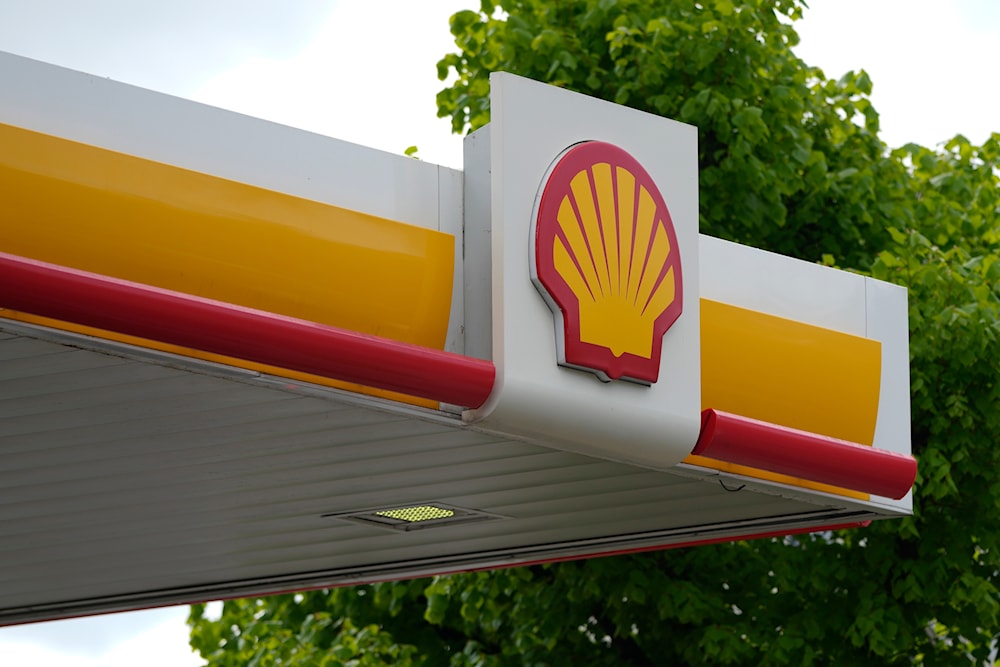Global LNG demand to surge 50%: Shell
Global demand for liquefied natural gas (LNG) is expected to increase by over 50% by 2040, according to energy giant Shell.
-

A view of the Shell oil company logo above a Shell fuel station in London, Thursday, May 5, 2022. (AP)
The LNG Outlook 2024 released this week by British energy giant Shell revealed that global demand for liquefied natural gas will increase by more than 50% in less than two decades.
By 2024, a surge in demand is expected due to economic growth projected for China, as well as for South Asian and Southeast Asian nations that are switching from coal to gas in their industrial sectors.
According to the report, global trade in liquefied natural gas (LNG) reached 404 million tons last year, up from 397 million tons in 2022. The report emphasizes that tight supplies of LNG are constraining growth while keeping prices and price volatility above historic averages.
Shell also noted that demand for natural gas has reached its peak in some regions, but continues to rise globally. The company anticipates that demand for LNG will escalate to 685 million tons per year by 2040.
“China is likely to dominate LNG demand growth this decade as its industry seeks to cut carbon emissions by switching from coal to gas,” Steve Hill, executive vice president for Shell Energy said, commenting on the forecast.
He added, “With China’s coal-based steel sector accounting for more emissions than the total emissions of the UK, Germany, and Türkiye combined, gas has an essential role to play in tackling one of the world’s biggest sources of carbon emissions and local air pollution."
Read next: China's Russian LNG import value tripled in 2022
“Despite a well-supplied global market in 2023, the lack of Russian pipeline gas supply to Europe and a limited amount of LNG supply growth over the last year mean that the global gas market remains structurally tight,” Shell said.
US largest exporter of LNG in 2023
Earlier this month, Shell's LNG Outlook 2024 report revealed that the US became the largest exporter of LNG in 2023.
According to the report, in 2023 alone, the US exported 86 million tons of LNG, followed by Australia and Qatar, both of which have exported around 80 million tonnes. Russia, on the other hand, exported over 30 million of LNG, followed by Malaysia.
On that note, Qatar has notified last month certain European buyers about shipment delays and revised schedules, traders familiar with the situation told Bloomberg.
To fulfill contractual commitments, Qatar, one of the world's leading gas-producing nations, is reorganizing the global supply chain by diverting deliveries from non-European regions and exchanging them for available cargoes in proximity to Europe, as stated by the traders.

 3 Min Read
3 Min Read










